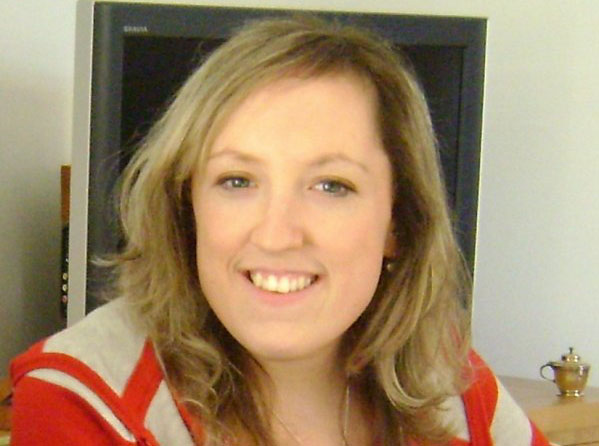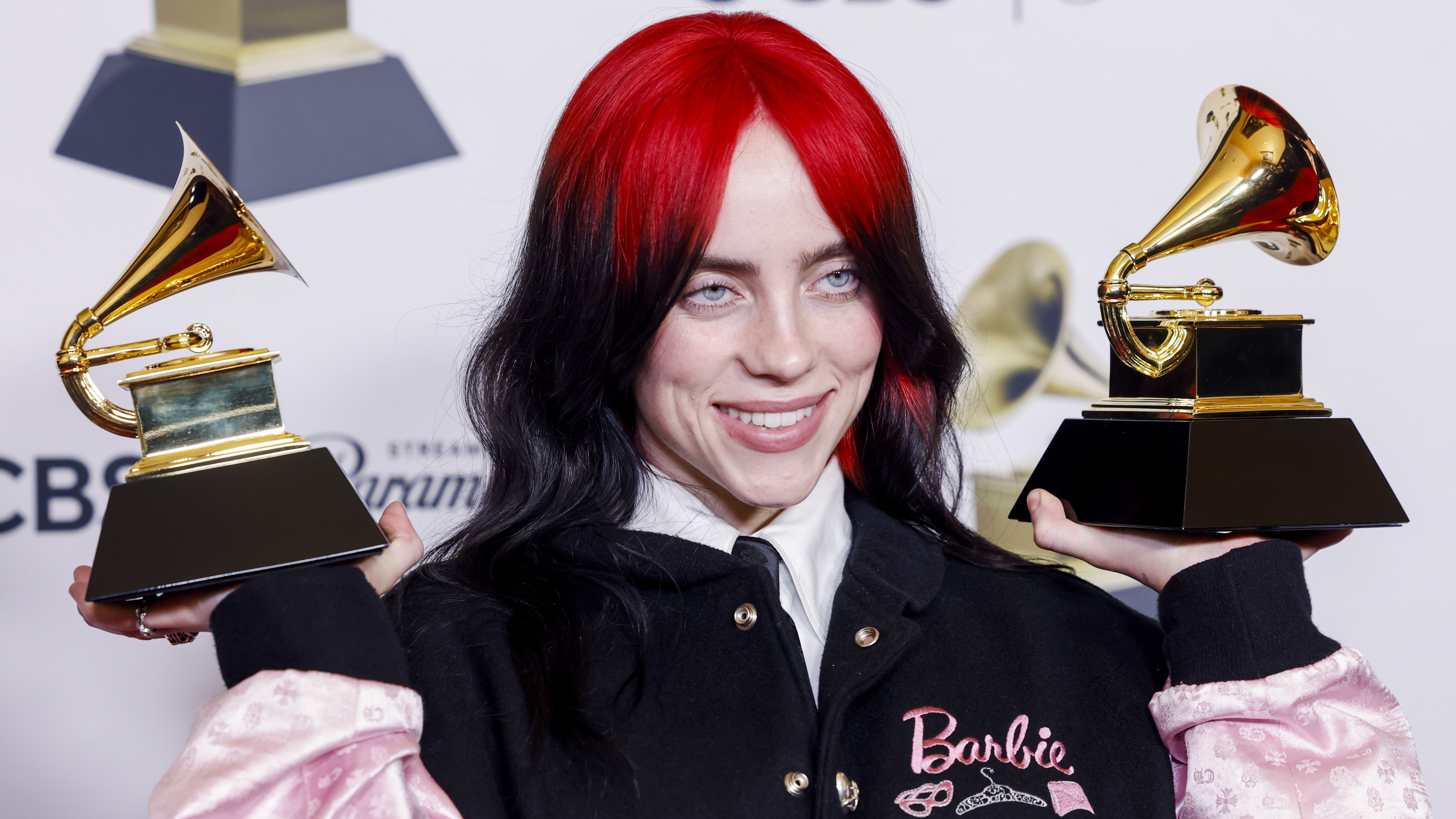Parenthood: release date, episode guide and everything we know
Sir David Attenborough narrates a stunning natural history show about raising young in the animal kingdom
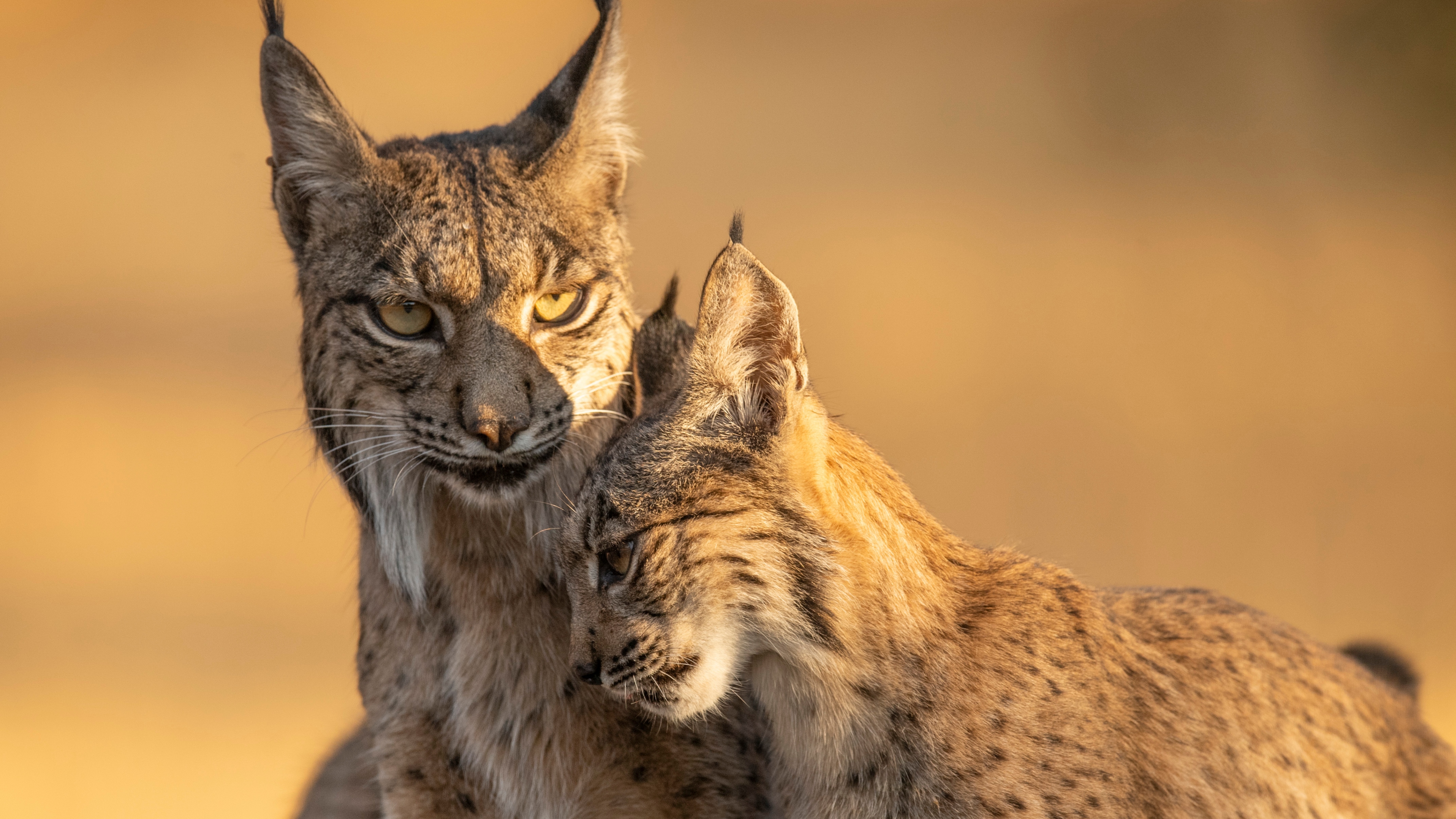
Parenthood explores the obstacles and rewards faced by a range of animals as they try to ensure the survival of the next generation.
The wildlife documentary, narrated by Sir David Attenborough and airing on BBC One in August, showcases the incredible ways in which creatures across the globe demonstrate dedication and resourcefulness as they try to ensure that their young are nourished and protected from predators.
“Parenthood is a journey like no other. The responsibility of providing constant food and safety for offspring can be extremely challenging,” shares Sir David Attenborough. “For most, it begins with a good home. Success for all parents has perhaps the greatest of consequences. It ensures the future of life on our planet.”
Here’s everything you need to know about Parenthood…
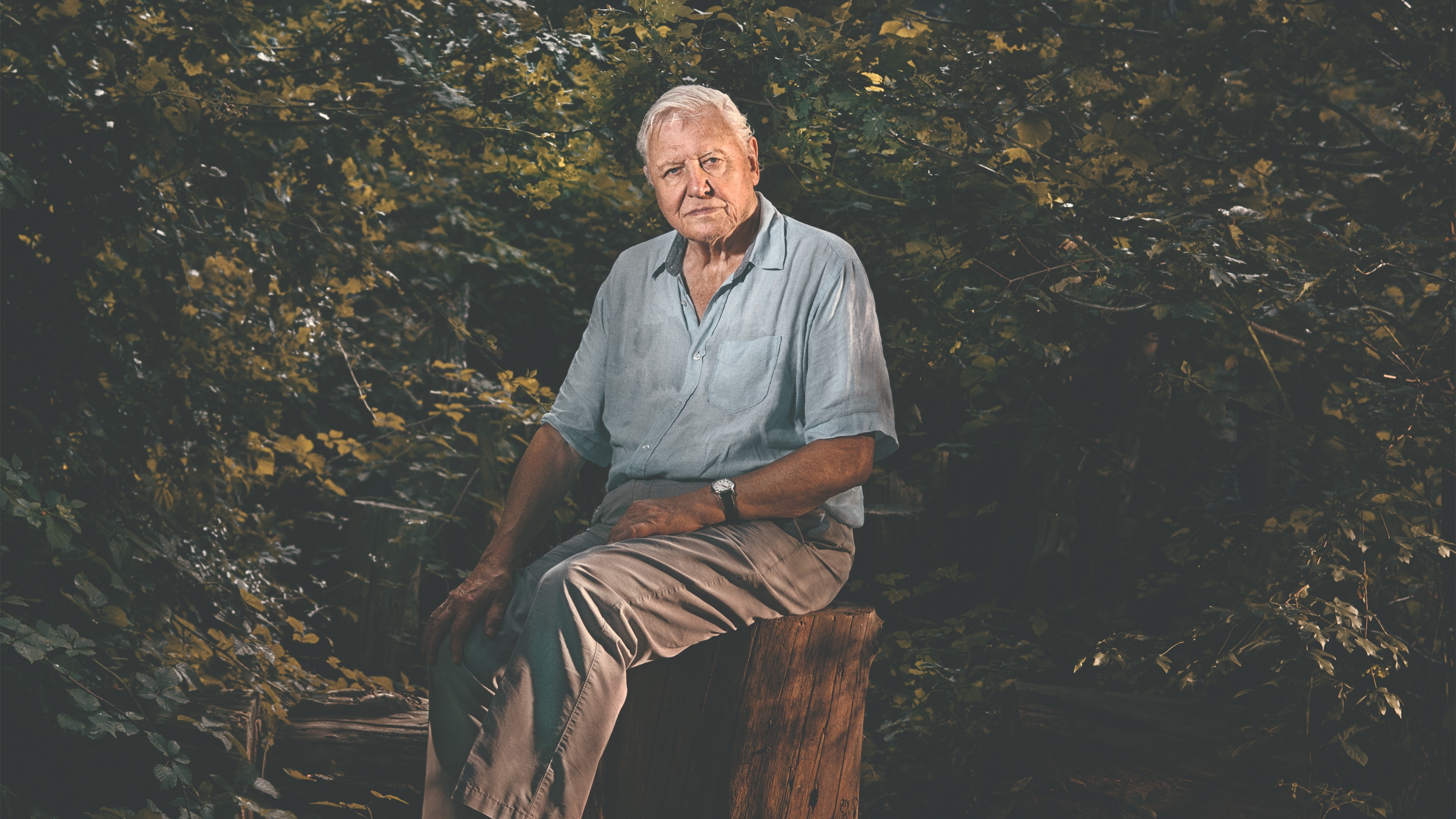
Parenthood release date
The five-part show airs from Sunday, 3 August at 7.20 pm on BBC One in the UK and all episodes will be available from the same date on BBC iPlayer. We will let you know about the US release when it is announced.
What is it about?
The series, which was filmed in 23 countries on six continents over three years, sees cameras capture remarkable footage, including behaviour that has never been filmed before, to reveal how, in ever-changing environments, animals from dolphins and gorillas to owls and elephants have developed remarkable ways to safeguard and feed their young.
Each episode looks at a different habitat, from oceans to jungles, to explore the various challenges the species face.
Parenthood – episode guide
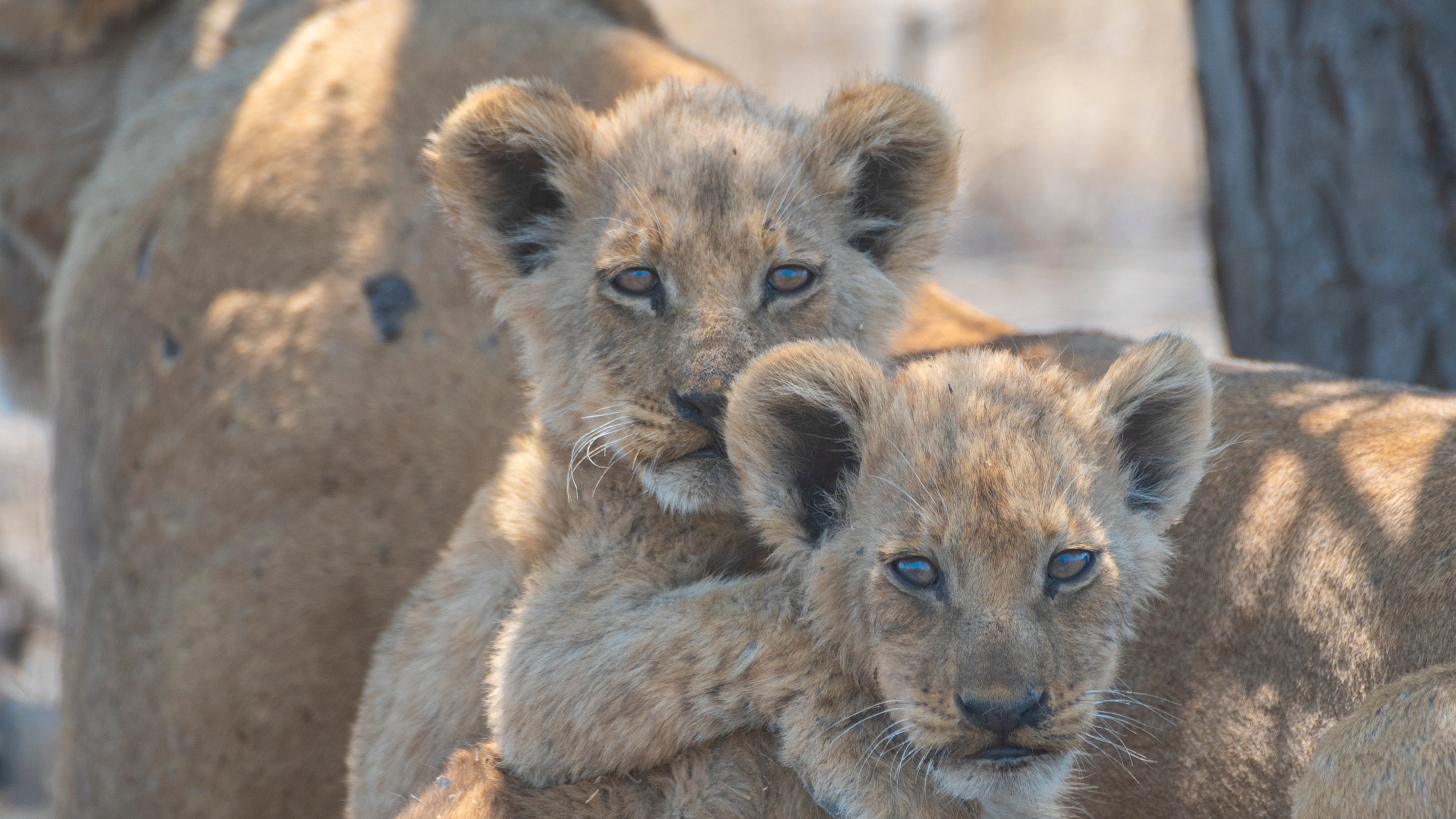
Episode One: The Greatest Adventure
While a gorilla in Gabon educates her baby about forest life, a lion in Botswana and her cubs hunt dangerous Cape Buffalo, a hippo tries to protect her calf from lions as they search for food, a burrowing owl couple in the USA work together to raise their chicks, an endangered Iberian lynx raises her kittens in an abandoned barn in Spain, and an African social spider in Namibia sacrifices herself for her spiderlings.
The latest updates, reviews and unmissable series to watch and more!
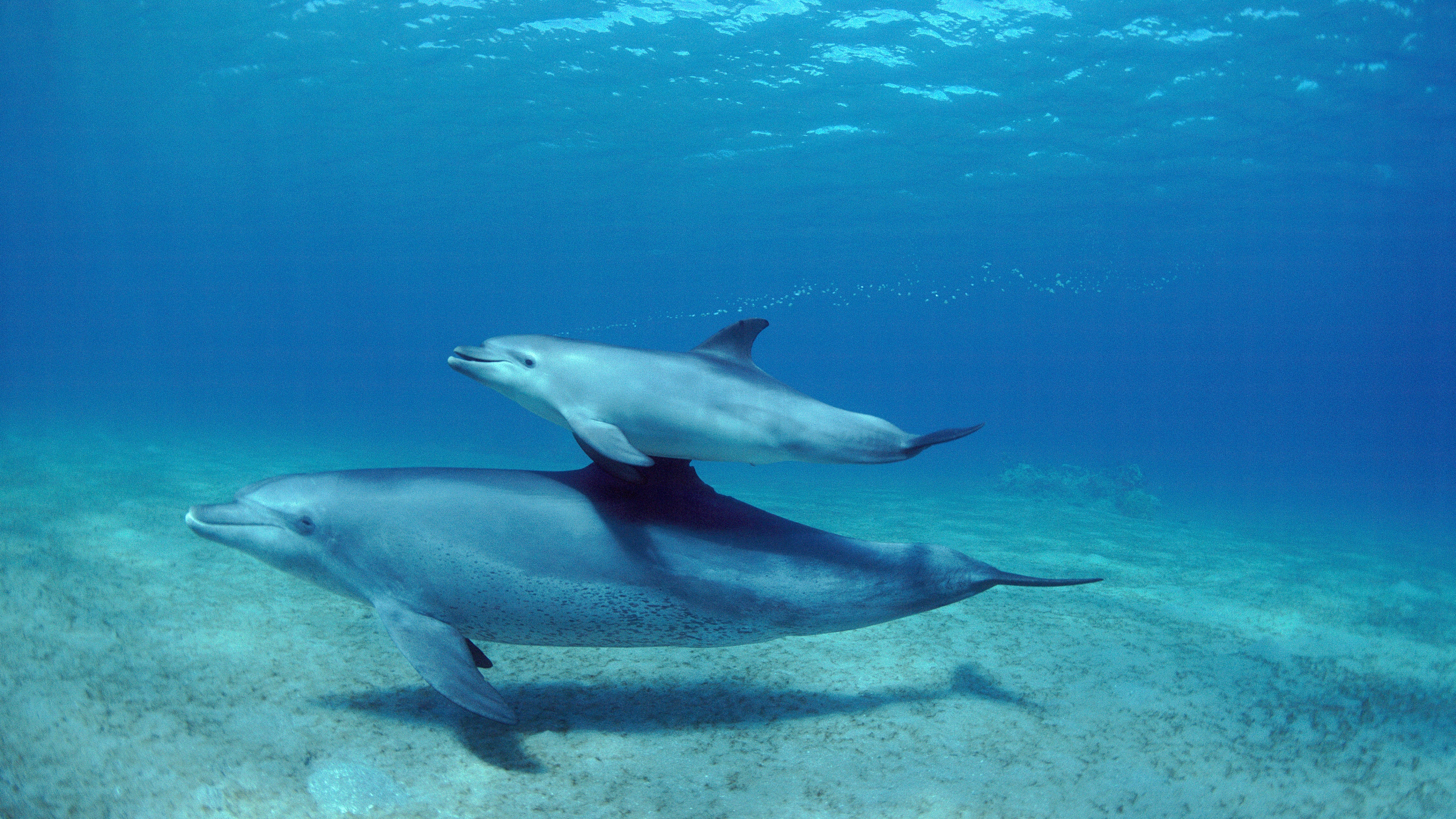
Episode Two: Oceans
Marine parents cleverly utilise ocean resources and as dolphin mothers in the Red Sea show their calves the reef’s healing powers, Killer whales in Australia teach their young to catch blue whales, and a Banggai cardinalfish in Indonesia rears his babies inside his mouth. But otter kits in Scotland and Cape gannet fledglings in South Africa come under threat.
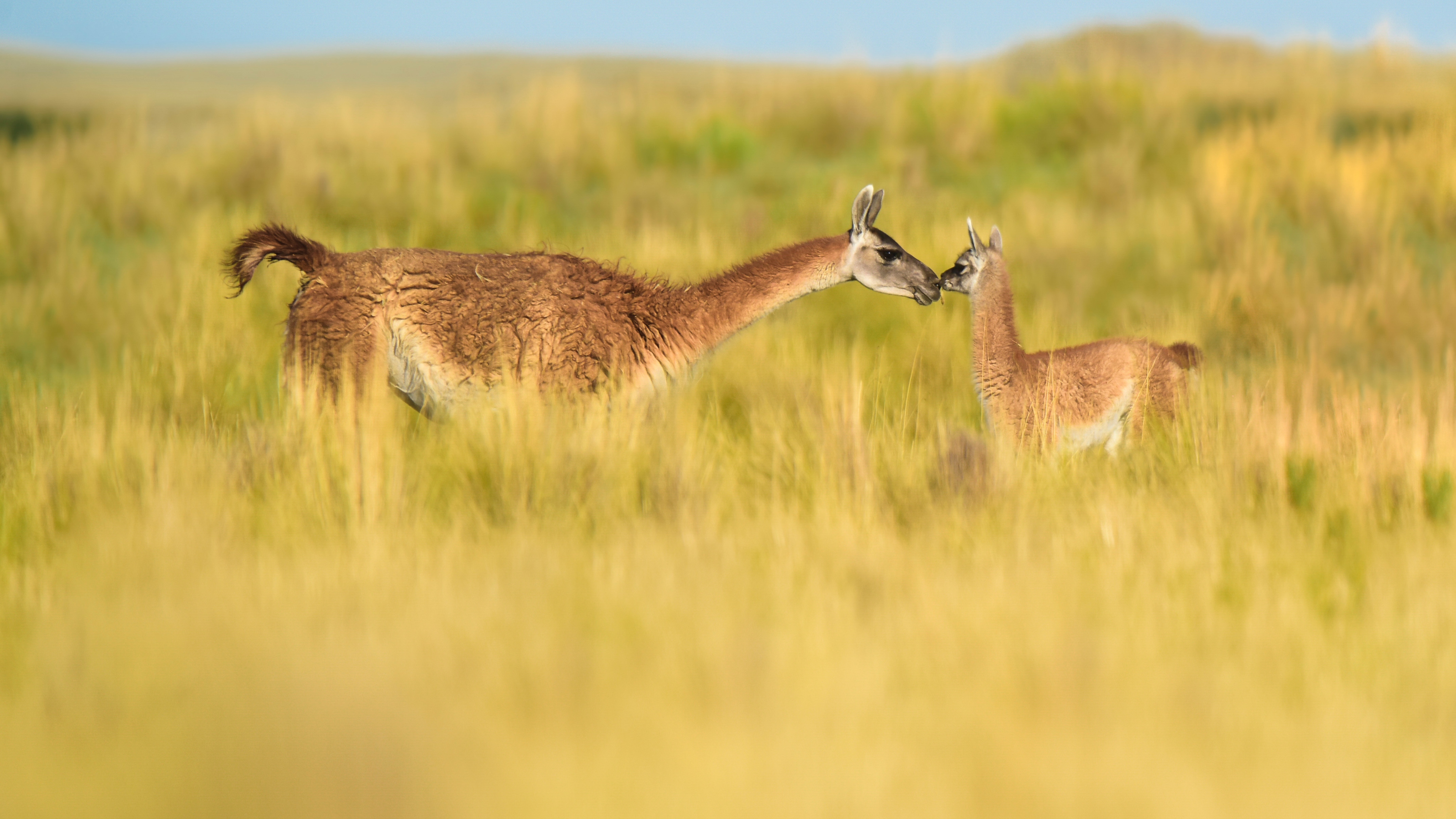
Episode Three: Grasslands
Grassy regions are good hunting ground for predators and in Kenya, a cheetah and her cubs track wildebeest. Elsewhere, langur monkeys in India get babysitting practice, but tragedy strikes in South Africa when a social weaver bird’s nest causes conflict, and in Argentina, a guanaco mother faces difficulties while travelling to winter feeding grounds.
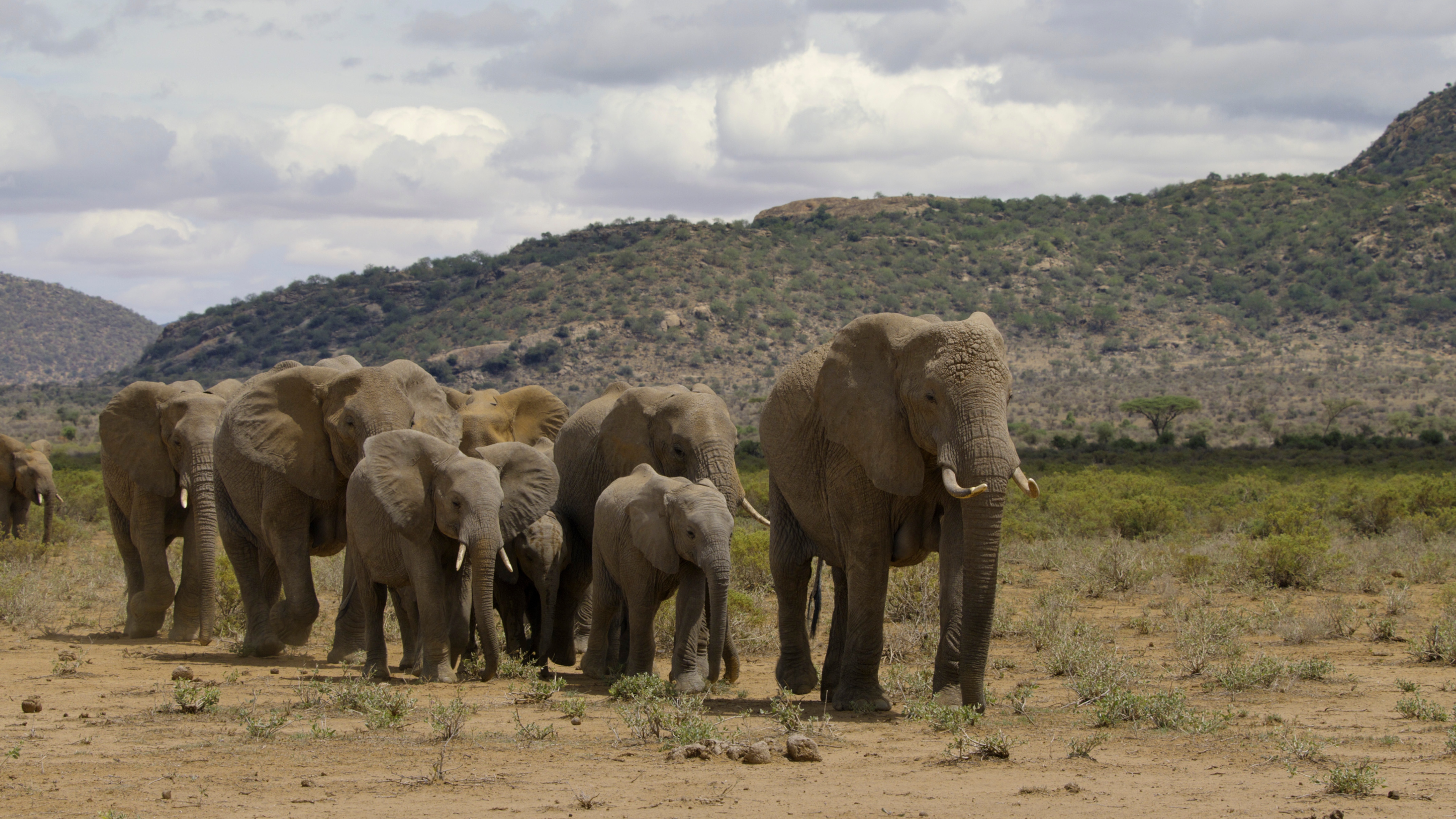
Episode Four: Freshwater
During the drought in Kenya, an elephant family awaits the arrival of rain, but a deluge could prove devastating. Meanwhile turtles in Brazil time their egg-laying to negotiate the rainy season, in Dominica a tri-tri goby fish’s child-rearing plans are upset by a storm, and in Namibia, a Namaqua sandgrouse father encounters danger as he collects water.
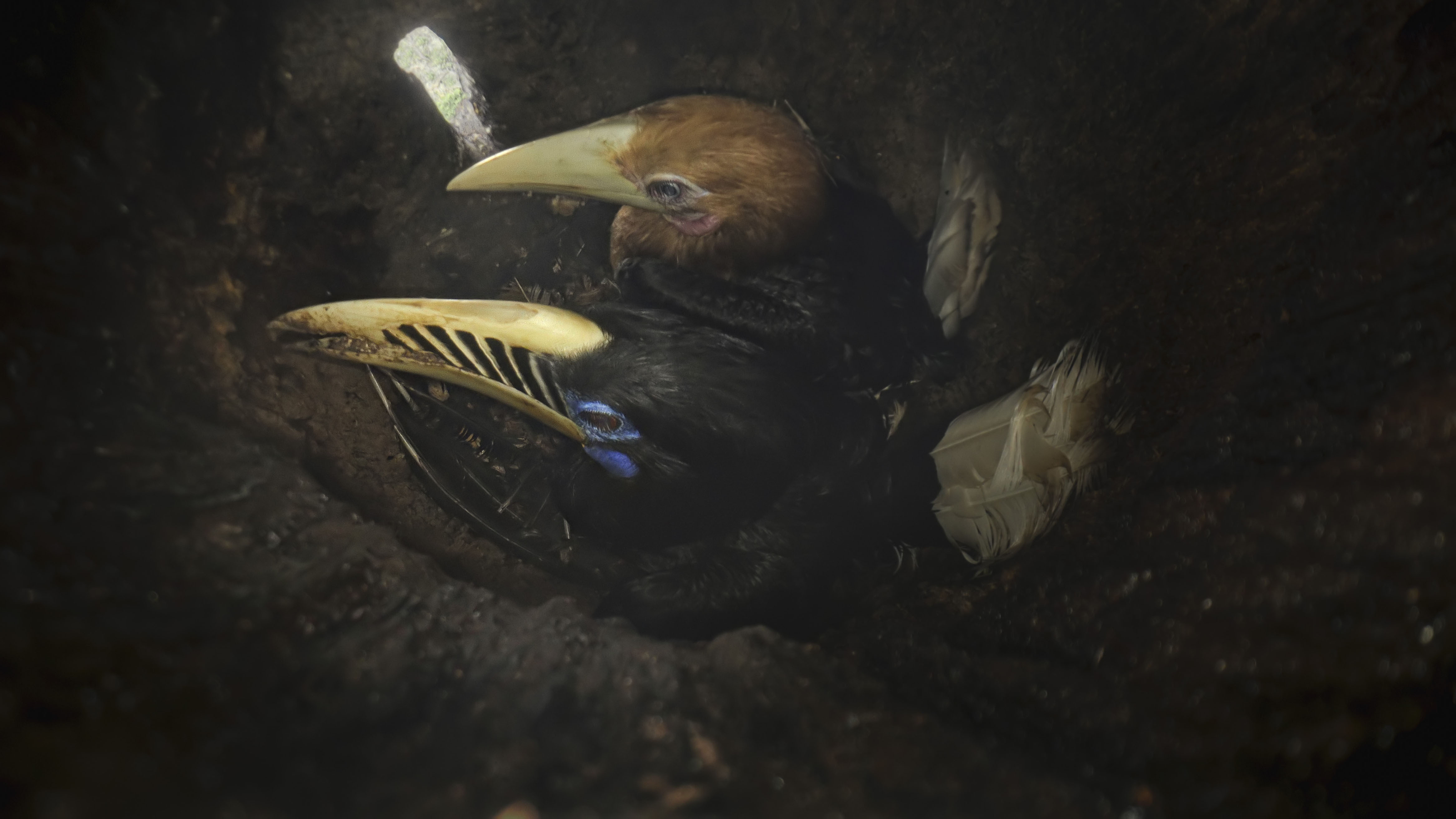
Episode Five: Jungles
The jungle is a rich but risky environment in which to raise young and white-headed langurs in China find their limestone habitats encroached on by farmland. Meanwhile in Bhutan, rufous-necked hornbill parents prove a well-honed team, a crab in Jamaica uses the forest’s resources to build a nursery pool, and tapirs in the Amazon relocate due to forest fires.
Parenthood – Q&A with producer and director Jeff Wilson
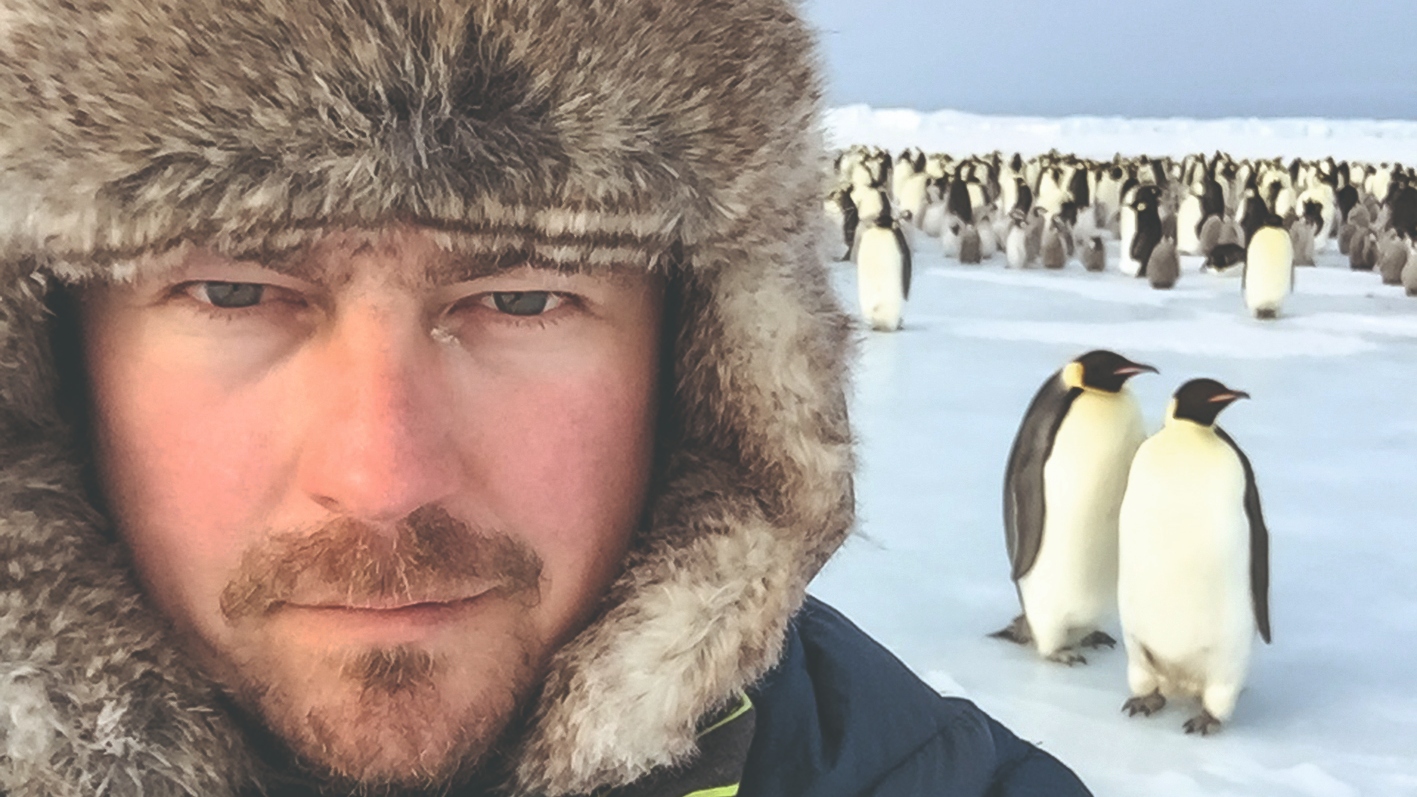
What was the thinking behind the show?
“It tells the previously untold stories behind the struggles and triumphs that animal parents endure to sustain life on Earth. There are choices they make around the environment they bring their young into, the home they create, the need to provide food, the protection from threats, the life experiences their offspring need to be exposed to before they become independent – all mini-dramas in their own right!”
Which animals have you enjoyed showcasing?
“For sheer parental commitment, my favourite must be the story of the African social spider. The mother raises offspring alongside her sisters but eventually sacrifices her own body to feed her growing young.
"New technologies allowed us to follow the nightly battle mother hippos endure to keep their young alive as they search for fresh grass in the Tanzanian bush, only to be stalked by prides of lions.
"And there’s the eight-year commitment to child-rearing that a mother orangutan [in Borneo in episode five] undergoes, showing her young the range of foods on offer, and how to make his own bed!"
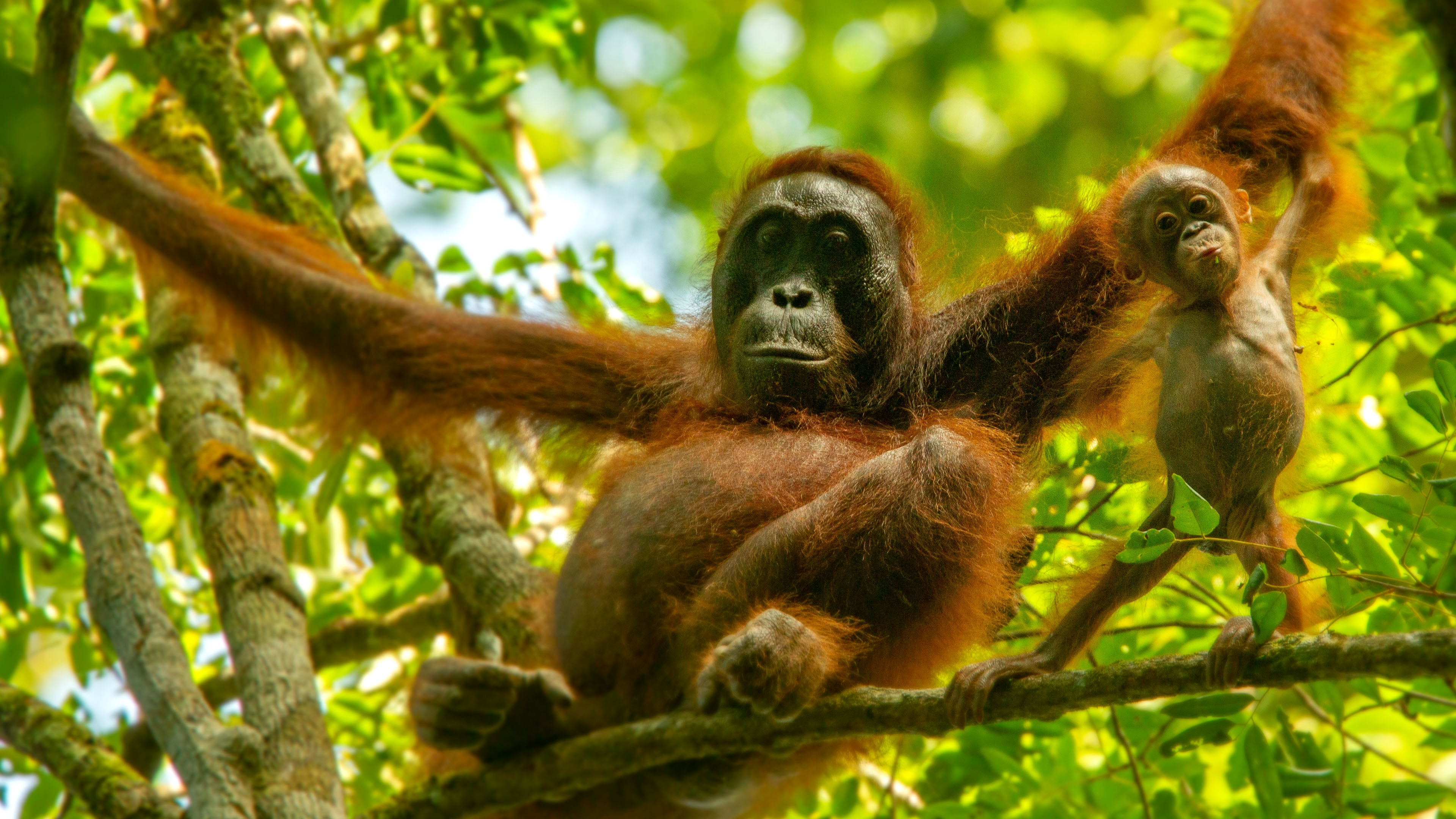
How tricky was it to capture some of the behaviour?
“Many of these intimate behaviours are difficult to film. But when you see them come to life, it gives you a new appreciation of the investment and commitment of parents. These animals are more interesting, beautiful and wonder-filled than anything our imaginations could come up with.”
And what do you hope viewers come away with?
“Aside from the marvel of seeing new behaviours and engaging dramas, I hope our audience recognises the universal story of parenthood, and that wild animals and humans have more in common than you think. By recognising our similarities, we can find empathy and perhaps even a solution to creating a better world for all our young. My hope is that it gives our audience common ground with these extraordinary animals.”
Caren has been a journalist specializing in TV for almost two decades and is a Senior Features Writer for TV Times, TV & Satellite Week and What’s On TV magazines and she also writes for What to Watch.
Over the years, she has spent many a day in a muddy field or an on-set catering bus chatting to numerous stars on location including the likes of Olivia Colman, David Tennant, Suranne Jones, Jamie Dornan, Dame Judi Dench and Sir Derek Jacobi as well as Hollywood actors such as Glenn Close and Kiefer Sutherland.
Caren will happily sit down and watch any kind of telly (well, maybe not sci-fi!), but she particularly loves period dramas like Call the Midwife, Downton Abbey and The Crown and she’s also a big fan of juicy crime thrillers from Line of Duty to Poirot.
In her spare time, Caren enjoys going to the cinema and theatre or curling up with a good book.
